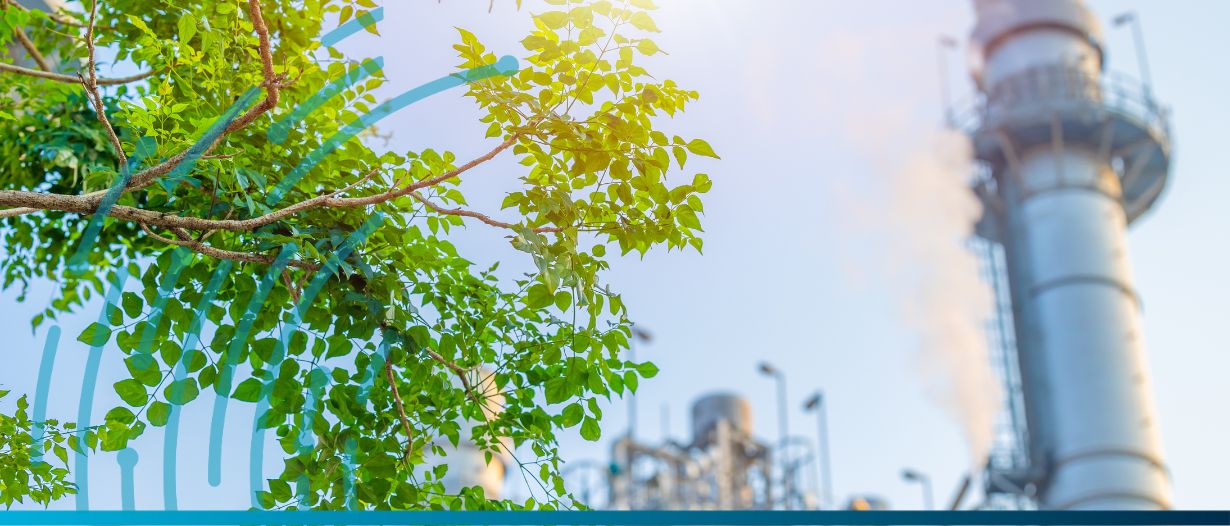Germany and Chile are set to establish a coalition of governments at the COP28 climate summit next week, aiming to support developing nations in investing in the decarbonisation of industries such as steel and cement production, according to a document seen by Reuters.
This initiative follows shortly after the European Union initiated the pilot phase of its pioneering carbon border tax, which from 2026 will impose emission costs on imports of high-CO2 steel and cement into Europe. This policy has raised concerns among trading partners.
The “climate club” formed by Germany and Chile may address these concerns.
The partners plan to introduce a platform to link emerging and developing countries with financial and technical assistance from governments and private entities for industry decarbonisation, as per a draft statement viewed by Reuters.
The statement is expected to be released on 1 December at a launch event during the U.N.’s COP28 climate summit in Dubai.
“The statement says, “On hard-to-abate sectors, starting with steel and cement, we will advance conducive policy frameworks for accelerating decarbonisation.”
Efforts will be made to harmonise international green industry standards, such as methods for calculating emissions in industrial products, the statement further explains.
Germany’s economy and climate ministry did not comment on this matter. A spokesperson for Chile’s environment ministry stated that the club “reinforces the importance of multilateralism and of working together in search of solutions”.
Berlin, after an initial members’ meeting in May to define the club’s objectives, has been actively seeking support from governments and financial institutions.
The club’s website lists 33 members, including the US, Argentina, Australia, Canada, Colombia, Egypt, the European Union, Indonesia, Japan, Kenya, Mozambique, Morocco, Ukraine, and the United Kingdom.
German Chancellor Olaf Scholz recently discussed the “climate club” in Berlin with leaders of organisations like the World Bank, African Development Bank, and World Trade Organization.
The club is seen as a conciliatory gesture towards governments unsettled by the EU’s carbon border tax, known as the CBAM, offering collaboration in industrial clean-up rather than imposing penalties.
Petter Lyden, co-head of international climate policy at Germanwatch, commented, “I would say that the climate club, in this case, is the carrot, and CBAM is the stick.”
“However, for this club to be truly effective, it needs more countries to join, particularly some of the largest emerging economies with substantial industrial sectors,” he continued.
To date, neither India nor China have joined. China, the leading steel exporter globally, has criticised the EU carbon border tax as a trade barrier.
India intends to submit a complaint to the World Trade Organization regarding the tax. The European Commission maintains that the policy aligns with WTO regulations.
























